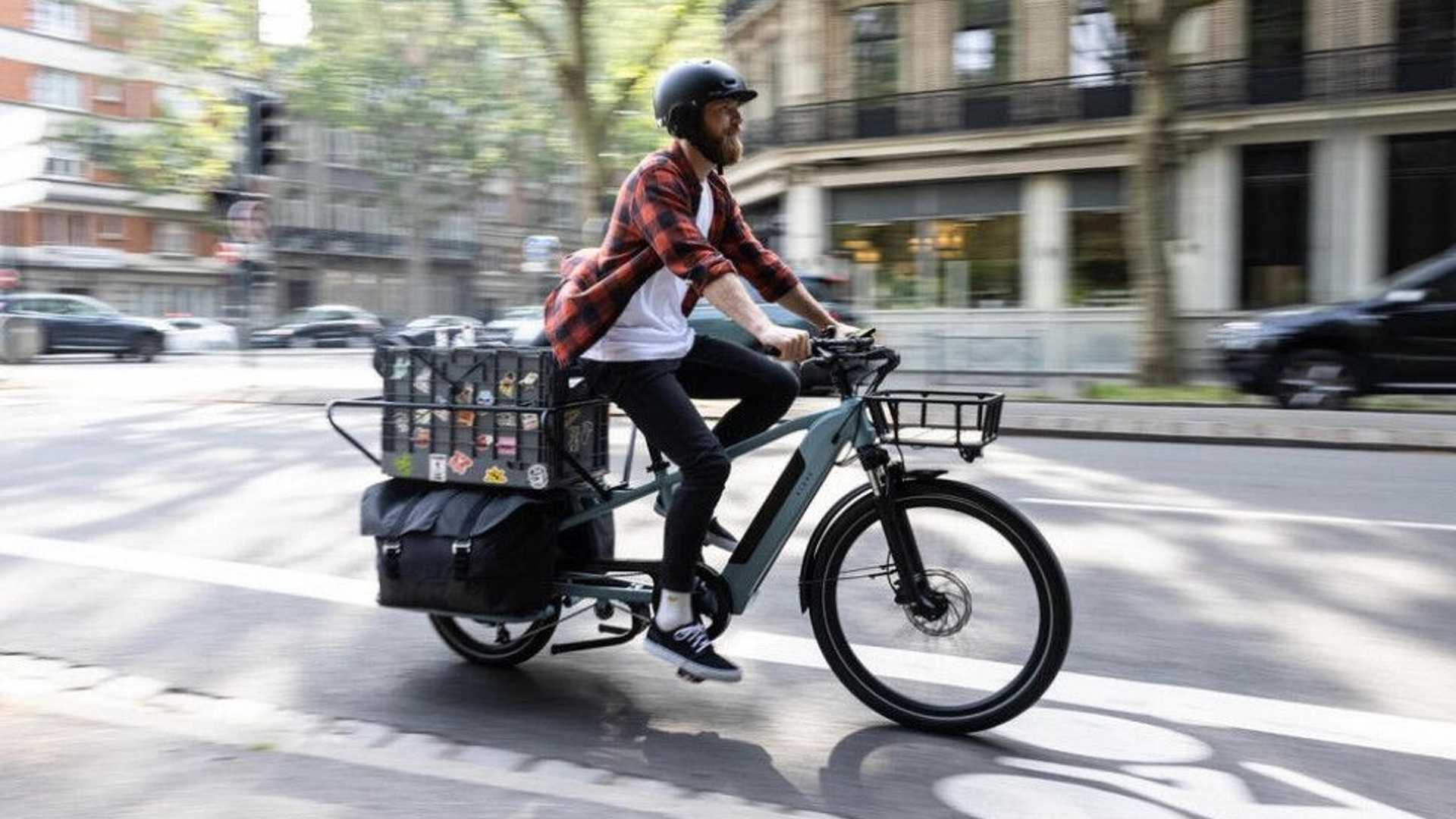Electric bicycles are becoming a key part of how people get around cities worldwide. In Europe and Asia, many countries are offering incentives for switching to cycling. The increasing number of projects with cycling at their core also shows this trend.
Despite the positive developments with e-bikes, some organizations are taking a backward step. For example, Electrek reported that the National Renewable Energy Laboratory (NREL) recently issued a blanket ban on storing all electric bicycles and scooters indoors.
Isn’t it ironic that NREL, an organization focused on energy solutions, has banned e-bikes and e-scooters?
According to Electrek, NREL’s strict approach is due to safety concerns, mainly fires. E-bike fires have been deadly and difficult to control because of the chemicals and materials in their batteries. So, NREL’s concerns are valid.
Electric bicycle and e-mobility fires aren’t new, and we’ve discussed many of these issues in previous articles. However, a blanket ban isn’t the solution. Instead, ensuring all electric bicycles sold to the public meet rigorous safety standards – certifications from organizations like TUV or UL – is enough to give people peace of mind about e-bikes. Unfortunately, this is difficult because of things like people modifying their e-bikes’ motors and batteries.
It’s important to note that NREL isn’t banning its employees from riding e-bikes to work. They are setting up outdoor charging stations and parking areas for employees and visitors to use. These areas are located a reasonable distance from building entrances.
The nature of NREL’s work—finding alternative energy solutions—means they sometimes deal with sensitive and flammable chemicals. This might be a reason for their strict stance on e-bikes.
While NREL has implemented a blanket ban on storing and charging e-bikes indoors, we hope this will change in the future as more e-bike manufacturers develop technology and obtain third-party certifications. What do you think? Is a blanket ban on e-bikes too extreme? Or are NREL’s fears justified?
This headline has been updated to clarify NREL’s e-bike policy.

I’m Rohan Mehta, the voice behind KhelRe—a trusted and steadily growing blog dedicated to electric vehicles (EVs) in India. With over five years of experience as a tech and automotive blogger, I turned my frustrations with owning an EV into a mission: to help others make more intelligent choices in this fast-evolving world of electric mobility.
I’ve been an early adopter of EV technology—I repurchased my first electric scooter in 2019. That experience opened my eyes to both the promises and the pitfalls of this new mode of transport. From slow charging times and range anxiety to misleading specs and hidden costs, I’ve faced it all. But instead of walking away, I decided to write about it.
That’s how KhelRe was born—a no-nonsense, hands-on blog where I share practical, real-world reviews of EV cars, bikes, and scooters. I break down features, range, performance, and pricing from a user-first perspective. I take pride in simplifying complex tech into clear, valuable insights—offering tips, ownership stories, and advice you won’t find in flashy press releases or sales brochures.
Whether you’re a first-time EV buyer or just a curious auto enthusiast, my goal is to help you navigate the EV landscape with confidence. My motto: “EV knowledge should come from experience, not just brochures.”
When I’m not test-driving the latest e-scooter or comparing charging networks, you’ll probably find me tinkering with my garage EV setup, chatting with fellow enthusiasts online, or sipping chai while writing my next blog post from a cosy local café.

